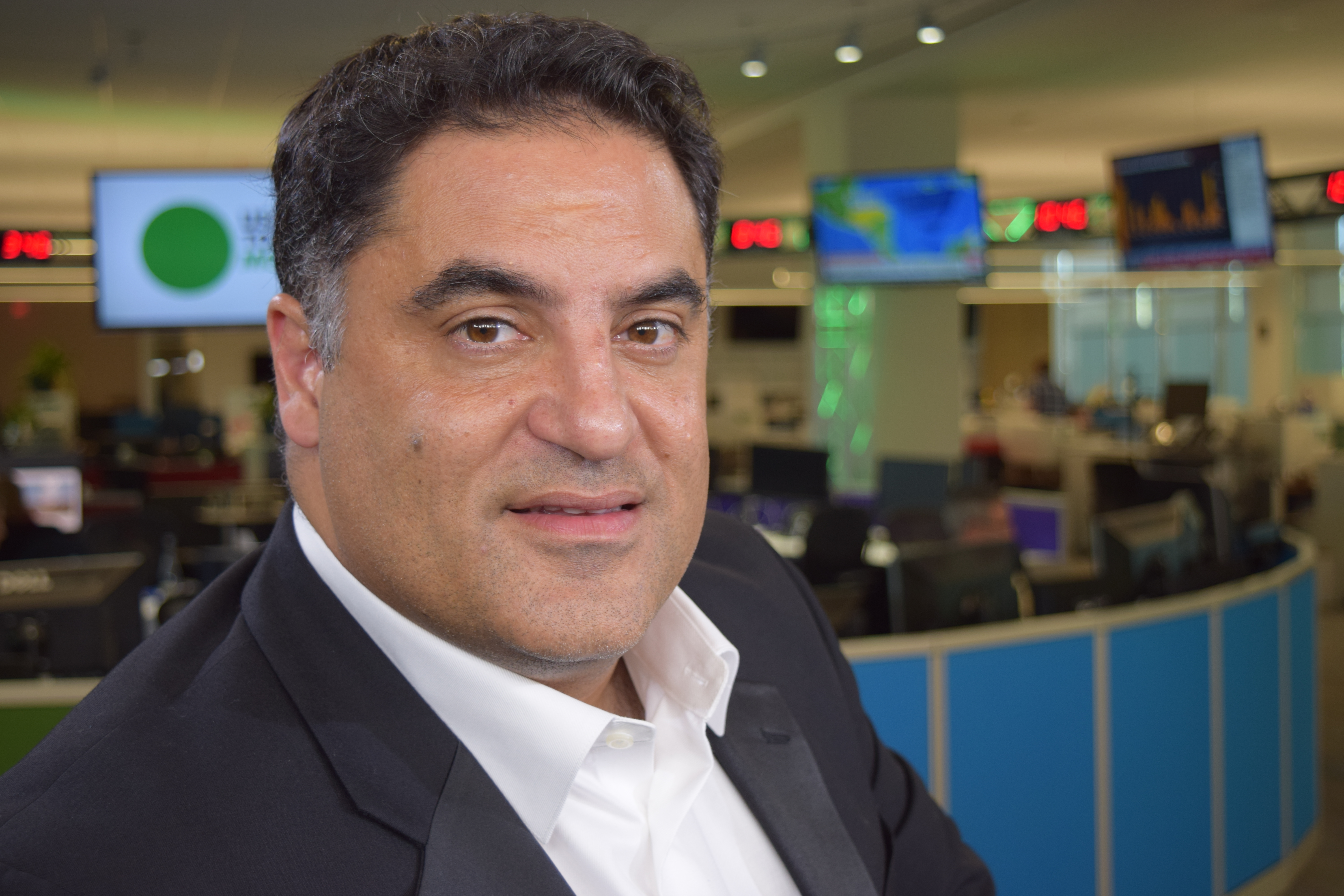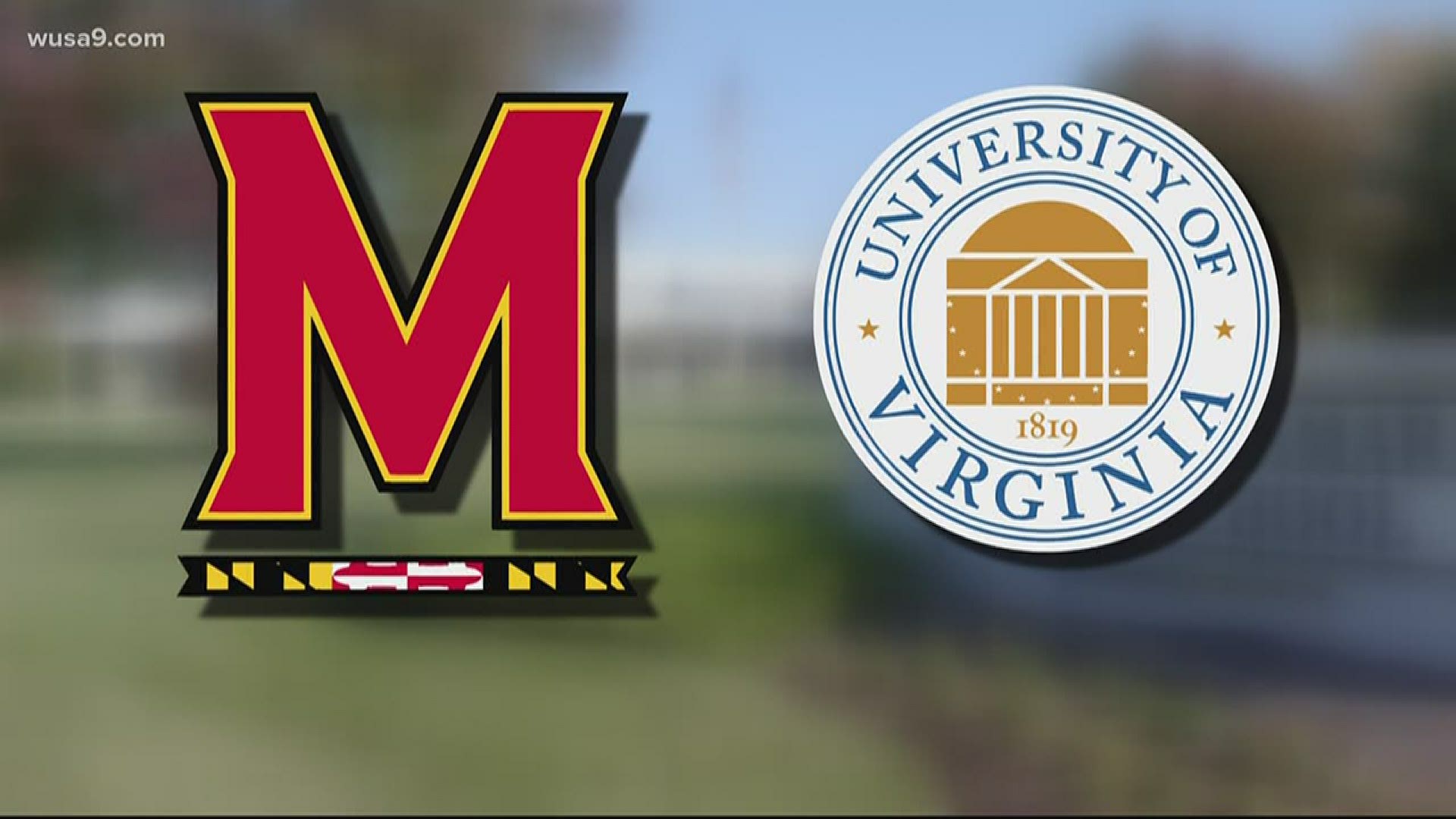Last week, Cenk Uygur expounded for nearly 17 minutes at his YouTube studio about the suicide bombing attack at Istanbul's Ataturk Airport.
The somber soliloquy revealed a personal, visceral interpretation of the attack that left more than 40 people dead in the Muslim country. The Istanbul native said that for a fleeting few seconds after he heard the news, he had to recall that his traveling parents weren’t flying out of Turkey that day.
“You couldn’t have a bombing closer to me because of my family and friends in that exact area,” he said. “The most likely culprit is ISIS. The reaction that some here in the U.S. have is, ‘Let’s go get them.’ We’re already getting ISIS. That’s why Turkey just got attacked, because the planes that are bombing ISIS are taking off from Turkey. To insult (the victims’) families and their loved ones as they mourn their deaths and say, ‘Muslims did it’ is preposterous and counterproductive.”
![Istanbul too numb to be shocked by airport attack [oembed : 86616732] [oembed : 86616732] [oembed : 86616732] [oembed : 86616732] [oembed : 86616732] [oembed : 86616732] [oembed : 86616732] [oembed : 86616732] [oembed : 86616732] [oembed : 86616732] [oembed : 86616732]](/Portals/_default/Skins/PrestoLegacy/CommonCss/images/smartembed.png)
It was a performance his 2.97 million subscribers have come to expect in all the episodes of his massively popular YouTube political news show, The Young Turks — unscripted, lots of hand gestures, professorial, liberal and defiant.
A child of immigrants from Turkey, Uygur, 46, grew up in New Jersey as something of a “loudmouth” who loved talking politics with his father at the kitchen table, he said in a recent interview with USA TODAY. Unsure of a career path after college, he went to law school and practiced for about seven months before landing a job at a public access radio station in Arlington, Va. A string of TV and radio gigs followed, including a stint as a talk show host at MSNBC.
Eager to dabble in new technology, in 2005, he started the video version of The Young Turks, his radio program on Sirius Satellite Radio at the time. Now, The Young Turks, a no-frills politics-and-news conversation show featuring Uygur, co-host Ana Kasparian and guests, is one of the largest and oldest online news shows, netting subscriber numbers that would be the envy of broadcast networks.
He has gone corporate as well, creating TYT Network as the umbrella company that operates the show and other channels. Having production deals with Univision-owned Fusion, TYT Network aims to launch a few projects in the legacy medium of television. His comments from our interview have been edited for brevity and clarity.
Q: How did you come about starting The Young Turks?
I started The Young Turks as a radio show in 2002 in Los Angeles, with (radio host) Ben Mankiewicz. We got on Sirius and started online video at the end of 2005. That makes us the oldest online show. Some have been streaming before us, but they went out of business. We are the lone survivor.
Q: What are your online numbers?
We just crossed 4 billion lifetime views. We have 3 million subscribers for The Young Turks. TYT Network has 30 channels, and it has 6 million subscribers just on YouTube and 8 million subscribers across the Web, including Facebook. In March, we had 218 million views and 86 million unique viewers.
Q: What’s the secret sauce?
I don’t think we’re great hosts. I think anyone who’d have done shows like ours would have had this kind of success. The country was thirsty for an authentic voice. We look to the camera and tell real stories. No teleprompter. We are excited about the news, and we do it in a passionate way. The old school is taught to be dispassionate, and that gives off vibes to the audience that they don’t care about the news. And we’re progressive when almost no one else was.
Q: You don't do a lot of pre-writing. Have you always been comfortable on camera?
Yes and no. I was always kind of a loudmouth to the point where I annoyed my teachers and friends. But the first time I got on camera, I was super nervous for the first seven shows. I got a little better after that because I came up with a trick. I looked at the camera and think that it’s my girlfriend. And I’m telling (her) a story.
Q: What’s your current revenue?
We’re in many millions in revenue. But we are also in many millions in expenses. The company is up to 60 people now. There is a multitude of costs. But it’s a healthy business.
Q: How do you generate revenue?
YouTube sells advertising for us. There are subscribers (who) pay $10 a month. That sustains us and gives us the right financial incentives. Be true to your audience, or you will lose money. There are other smaller ways, like merchandising. We sold a lot of Bernie Sanders shirts in the last few months. There’s original programming. We sold a TV show to Fusion. It’s their show, and they pay us to produce it. It’s our hosts. They own the rights. We will do 12 live (news and politics) shows on college campuses.
![Sanders backer Cenk Uygur already looks to 2020 presidential race [oembed : 86616940] [oembed : 86616940] [oembed : 86616940] [oembed : 86616940] [oembed : 86616940] [oembed : 86616940] [oembed : 86616940] [oembed : 86616940] [oembed : 86616940] [oembed : 86616940] [oembed : 86616940]](/Portals/_default/Skins/PrestoLegacy/CommonCss/images/smartembed.png)
Q: Any other new projects ongoing?
Another huge component is Facebook and Facebook Live. We had a little over 1 million views last January. Less than a year and a half later, we now have 55 million to 60 million views a month just on Facebook. On (“over-the-top” video services), we are top five in minutes viewed. We’re on Comcast’s Watchable. We just did a deal with Amazon.
Q: Much of your popularity comes from the youth market. Was that deliberate?
It was totally accidental. Our audience is young. But it turns out we’re older than the average YouTube audience. It’s 13 to 24, whereas we’re 18 to 34. Now that we have a big presence on Facebook, that’s made us older. We’re stretching to 45. But I want the whole spectrum. I’m interested in producing more TV shows.
Q: Your no-teleprompter, conversational approach seems to have struck a nerve. Why aren’t we seeing more of it on TV?
Same reason why they didn’t want me going off the teleprompter at MSNBC. If I’m off the teleprompter, management doesn’t get to see what I’m going to say. They deem it to be a risk they can’t control. They’re risk-averse.
Q: You started a political action committee called Wolf-PAC in 2011, which aims to lobby state governments to pass an amendment to the Constitution that would limit corporate donations in election campaigns. How’s that going?
We have over 30,000 volunteers. A lot of groups in Washington, D.C., are paper tigers. They almost have no grass-roots supporters. When we go knock on doors all over the country, we see almost no one else there in terms of volunteers. We are onto something that is actually bigger than even we realize. We have four states that have called for conventions for this amendment to get money out of politics. We’re on the road every day.
Q: You’ve been very vocal about your support for Bernie Sanders, even appearing at his rallies. Any interest in going into politics?
You’re like the fourth or fifth person to ask me that in a week, when almost no one had asked me before. But in this system, hell no. Spending 50% of your time asking rich people for money. And which congressman or senator gets to talk to 86 million people a month? Why would I give that up?
Follow USA TODAY media reporter Roger Yu on Twitter @ByRogerYu.


![XXX DSC_0223.JPG VA [image : 86531676]](http://www.gannett-cdn.com/-mm-/4eb9bf0b94cde4240efadda06e9cffbd53dea924/c=660-0-5340-4000/local/-/media/2016/06/29/USATODAY/USATODAY/636028198194900884-XXX-DSC-0223-82196062.JPG)
![XXX WTW_YOUNGTURKS03_021015.JPG A ENT [image : 86532476]](http://www.gannett-cdn.com/-mm-/c09c0f884ba2d8f975c4205ccebb415f3b36597d/c=246-0-1191-808/local/-/media/2016/06/29/USATODAY/USATODAY/636028208902653523-XXX-WTW-YOUNGTURKS03-021015-70689280.JPG)
